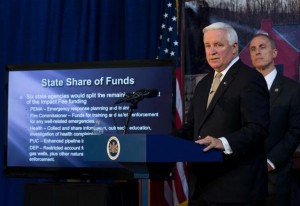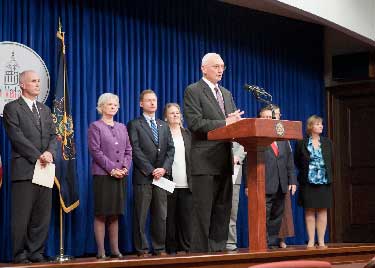AAA Asks Drivers To Take The Distraction Free Challenge
The AAA Foundation for Traffic Safety is recognizing “Heads Up Driving Week” by asking people to take the distraction free driving pledge. The fourth annual Traffic Safety Culture Index finds that 95% of drivers view texting or emailing by other drivers as a serious threat to their safety. However, 35% of drivers admit to reading or sending a text or email behind the wheel within the last month.
Jenny Robinson of AAA Mid-Atlantic says you can take the pledge by visiting AAAFoundation.org. She says everyone thinks it’s the “other person who doesn’t know how to drive safely while texting, but I do.” She says that’s the attitude many people have, and AAA is trying to change it.
Robinson says 88% of drivers feel people talking on cell phones while driving are a serious threat to their safety, but 68% admit to talking and driving in the last month. She says it’s another example of “do as I say, not as I do.”
Robinson says the National Highway Traffic Safety Administration estimates over 54 hundred people were killed in crashes that reportedly involved distracted driving in 2009. She says we see people using their cell phones while driving all the time. She says it’s a little harder to quantify the full impact in the crash data.
Robinson says it’s so tempting to want to pick up the phone and read the text message when the phone goes off while you’re driving. But she says please don’t do it, we know that it’s not safe.













